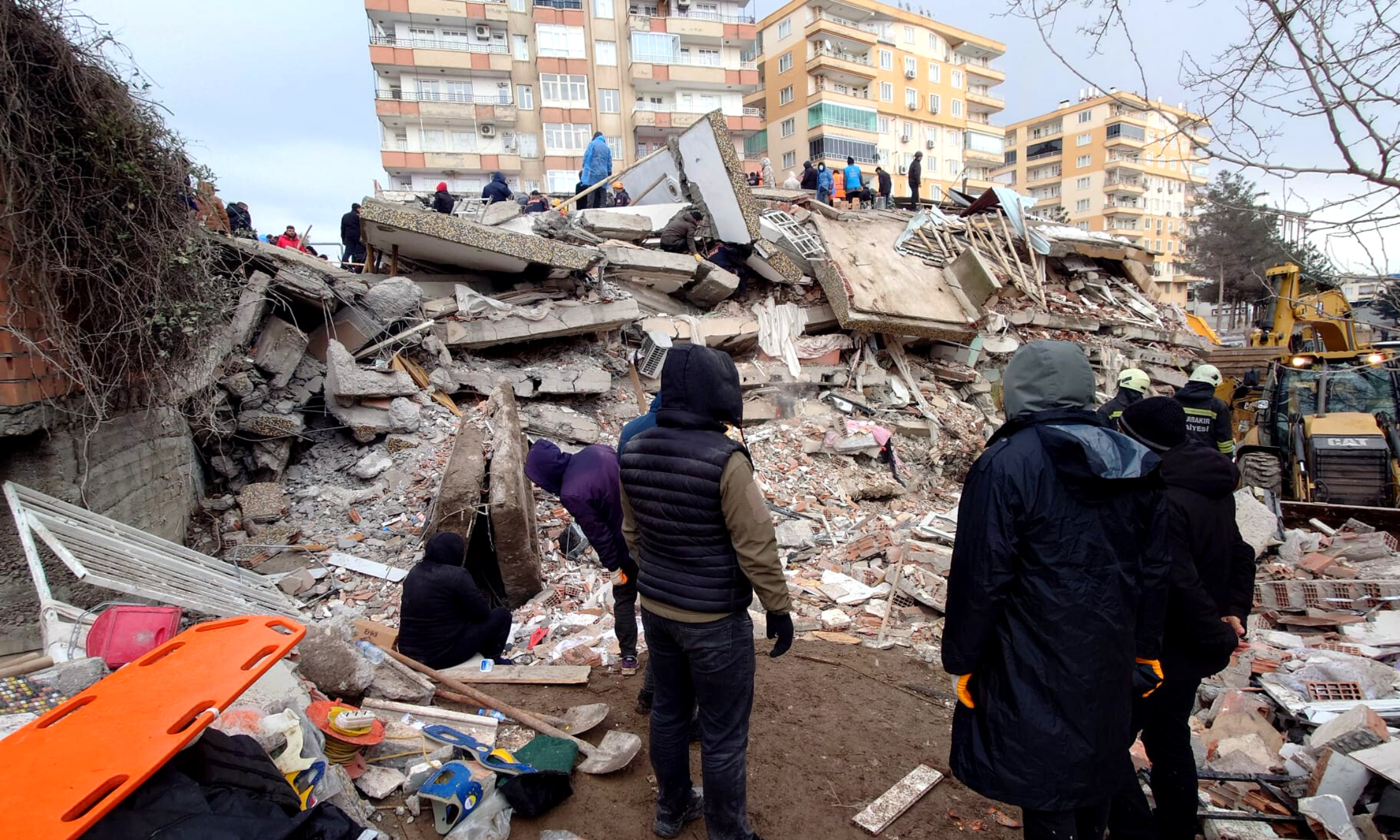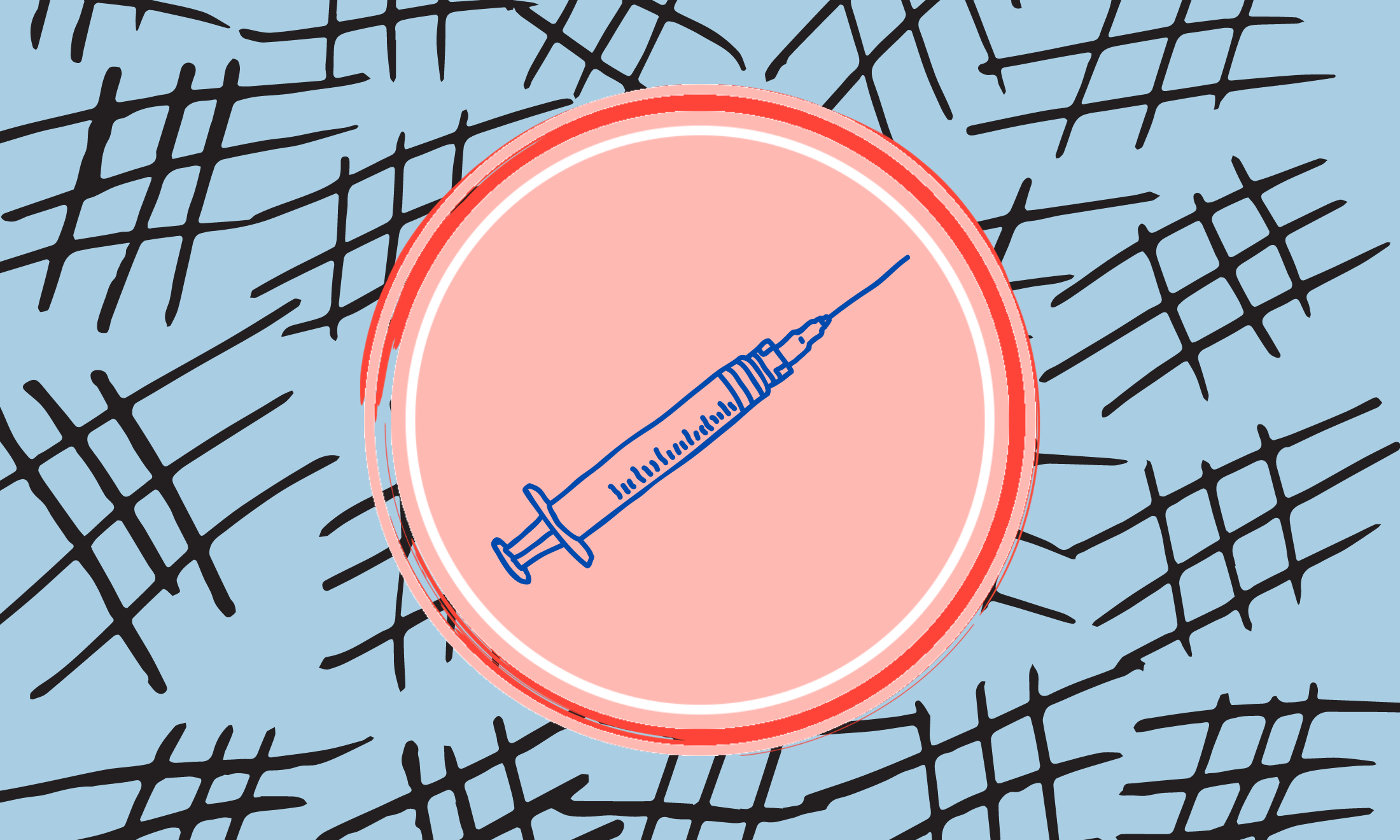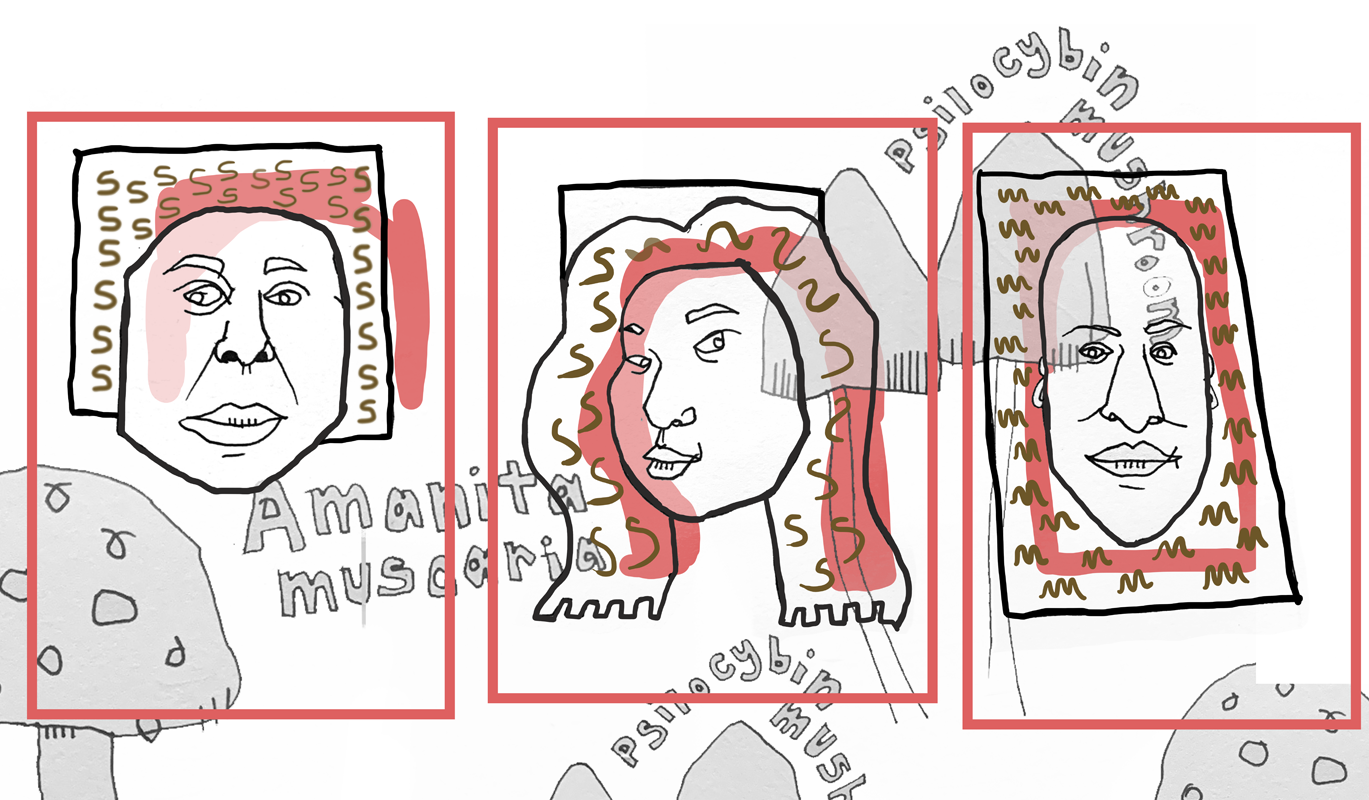
Michelle Wong
50 years on from the Misuse of Drugs Act, how are the UK’s drug laws holding up?
Current drug legislation negatively and disproportionately affects those within Black and brown communities. How can we push for change?
Lakeisha Goedluck
06 Dec 2021
“It’s a great advantage not to drink among hard-drinking people,” says Nick Carraway, F. Scott Fitzgerald’s pensive narrator in The Great Gatsby. Published in 1925, the classic novel depicts the glitz, glamour and unbridled chaos of the Roaring Twenties.
The protagonist, Jay Gatsby, makes his fortune as a bootlegger during the real-life Prohibition, which forbade the “manufacture, sale, or transportation of intoxicating liquors for beverage purposes”. It was a move designed to reduce crime and corruption, but instead alcohol became liquid gold on the black market. From illegal booze smuggling to secret drink-fuelled gatherings at speakeasies, the nationwide law backfired so spectacularly that it only lasted from 1920 until 1933.
Fast forward a century and Western governments in 2021 seem less concerned with controlling the legislation around alcohol and more preoccupied with taking a reactionary approach towards other drugs. Since US president Richard Nixon defined narcotics as “public enemy number one” 50 years ago, a “war on drugs” has been waged on both sides of the Atlantic. Stringent laws designed to crack down on drug offences have largely worked to criminalise users, disproportionately affecting those within Black and brown communities.
In the same year as Nixon’s speech, the UK’s 1971 Misuse of Drugs Act came into effect – and has barely changed in the half-century since. Campaigners believe the legislation hinders more than it helps and have been advocating for policy reform for decades. On 17 June 2021, the efficacy of the Misuse of Drugs Act finally became the focus of a debate in the House of Commons, but was this enough to implement real change? We looked into the UK’s current relationship with drugs, how racism plays a pivotal role and what the next steps are to push for effective action.
Are drugs fundamentally harmful?
According to the Office for National Statistics, there were 4,393 drug-poisoning deaths in England and Wales in 2019 – the greatest number since records began in 1993. Despite this record-high figure, ubiquitously defining drugs as “bad” is a contentious issue.
“There were 4,393 drug-poisoning deaths in England and Wales in 2019 – the greatest number since records began in 1993”
Harry Shapiro, founder of DrugWise, a free online resource that provides access to glossary definitions, news articles and published papers on drugs, believes that the answer isn’t clear cut. “We know from statistics, stories, books, films etc. that people with a heroin or crack cocaine addiction have got a serious problem,” he explains. “But then again, there are people who like doing a line of coke at the weekend who won’t necessarily come to any harm. People can smoke cannabis who may have some underlying mental health problems and shouldn’t go anywhere near it. There’s potential harm there for anyone but harm isn’t necessarily inevitable.”
Aside from the act of consuming drugs, there’s the argument that the stereotyping attached to drug use is also potentially damaging. Rebekah Delsol is the senior managing policy officer for ethnic profiling within the Open Society Justice Initiative, an organisation that uses the law to promote and defend human rights. She says, from past research, that there are stereotypes around “white people drugs” and “Black people drugs” that can be traced back to the crack epidemic of the 1980s and 1990s in the US.
“Images were produced that circulated this idea that Black women who smoked crack cocaine were having crack babies but for white women taking powdered cocaine, their babies wouldn’t be affected,” says Delsol. The only key difference between the two forms is that crack is absorbed into the bloodstream faster. However, she explains that harsher sentences have historically been distributed for crack cocaine offences, inordinately affecting Black people.
What is harm reduction?
In response to increased HIV transmission rates among needle-users during the 1980s epidemic, services such as syringe-exchange schemes were set up so that users had access to fresh needles at little to no cost. Later, to coincide with the rise of rave culture in the 1990s, drug services started to release pamphlets that advised users on how to stay safe while taking ecstasy pills (MDMA). This was the start of what’s now termed “harm reduction”’ – the idea that instead of penalising people who use drugs, resources should be made available to them to ensure their safety or help them kick an addiction.
“Harm reduction has been front and centre of what I’ve been doing for years. It’s true that ‘you can’t recover if you’re dead’ and that’s a quote I’ve often used,” Shapiro says matter-of-factly. “Nobody grows up wanting to be a heroin user – shit happens to people. Most with serious drug problems, as far as I’m concerned, are suffering from post-traumatic stress due to whatever has driven them to that lifestyle in the first place. Most people need help without someone coming up and wagging a finger at them.”
“Nobody grows up wanting to be a heroin user – shit happens to people. They need help without someone coming up and wagging a finger at them”
Harry Shapiro, founder of DrugWise
But, as Shapiro points out, treatment services within the UK have “taken a hammering” over the last 10 years because of government cuts. Dr Laura Garius, the policy lead for UK drugs law charity Release, believes funding is desperately needed in order to roll out a “comprehensive suite” of harm-reduction measures to benefit wider society. From drug-checking services assessing the purity of substances to the distribution of life-saving medicines like naloxone to prevent opioid overdoses, Garius emphasises the importance of having treatment centres that are as inclusive as possible. “[We need] treatment services to specifically recognise the trauma that can result from years of being over-policed and discriminated against for individuals from Black and brown communities,” she explains.
How does current legislation negatively affect Black communities?
In 2021, a report carried out by the Liberal Democrats found that Black people were 12 times more likely to be prosecuted for cannabis compared to white people. And according to government statistics, of the 563,837 stop and searches that took place in England and Wales between April 2019 and March 2020, there were six per 1,000 white people, compared with 54 per 1,000 Black people.
“It’s not a reflection of who’s using those drugs or selling those drugs,” Delsol says. “It’s a reflection of who the police choose to focus on. If the police chose to focus on a student union bar on a Friday night, they’d probably get the same amount of busts as they do for any street corner.”
“Stop-and-search is not a reflection of who’s using or selling drugs. If the police chose to focus on a student union bar, they’d probably get the same amount of busts as they do for any street corner”
Rebekah Delsol, policy officer at Open Society Justice Initiative
The repercussions are manifold and can be unfairly damaging, says Garius. “The increased likelihood of incurring a criminal record is another way in which the system works against Black and brown communities, given the disruption to education, employment, housing opportunities and, possibly, parental rights.”
So, how do we implement change?
To mark 50 years since the Misuse of Drugs Act was introduced, Release launched a campaign advocating for reform, accompanied by the hashtag #50YearsOfFailure. “Prohibition isn’t working, people have been unnecessarily criminalised while drug use has gone up, drug crime has gone up, and, sadly, drug deaths and drugs harms have gone up,” says Labour MP Jeff Smith in the campaign video. Smith co-chairs an All-Party Parliamentary Group focused on drug policy reform and co-led the Misuse of Drugs Act debate in the Commons.
Those in the UK advocating for reform are aiming for an approach similar to Portugal’s change to drug policy in 2001, when personal possession was decriminalised (although drugs are still liable to be confiscated). Presently, drug death rates in Portugal are on the lower end of the scale, with six deaths per million among people aged 15 to 64 recorded in 2019, compared to the EU average of 23.7 per million in the same year.
The Czech Republic, the Netherlands and Switzerland have also funnelled resources into harm-reduction programmes, but is it likely that the UK will do the same? Despite action from a handful of MPs, Shapiro isn’t convinced that far-reaching reform is likely. “It has to come from the top, but why would a government put itself through all that hardship without any obvious political gain?”
Cannabis has been legalised in certain US states, but Delsol outlines the drawbacks of this too. “In the US states where they’ve decriminalised cannabis use, arrests of poorer people and people of colour are still happening because it’s occurring on the streets rather than [through] a licensed vendor,” she explains. Today, legal cannabis businesses in the US are overwhelmingly white-owned, with Black Americans making up less than 1% of cannabis dispensary owners.
Regulation could see a decline in people trafficking, organised crime and judicial corruption in impoverished areas, all of which are activities propagated by narcotics being a black-market business. That’s not to mention the economic advantages, too. As of 2017, the illegal drug-trafficking market was estimated to turn over between $426bn and $652bn – money that could be funnelled into uplifting these communities if legalisation were orchestrated fairly.
Let’s talk about drugs
“I think we have to have wider conversations about drugs – it’s all still undercover and kind of shady,” says policy officer Delsol. “More people die because of alcohol-related issues but we don’t associate the same shame with alcohol.” Drugwise founder Shapiro believes that having conversation about drugs openly and earnestly ties into the practice of harm reduction. “[By talking about drugs] you’re actually showing people that you care about them and that is so missing in a lot of these people’s lives,” he says. “It’s about showing people that they have value and they can move on.”
“I think we have to have wider conversations about drugs – it’s all still undercover and kind of shady”
Rebekah Delsol
Garius, the doctor, thinks that holistically addressing the trauma that minority communities face is key to real reform. She says: “Release are really happy to work collaboratively with grassroots groups to talk about the impact of drug policing on Black and brown communities, and we recognise the need for Black and brown people to be at the heart of the drug policy reform movement.”
The 2020s have so far been more boring than roaring, but the hope for many campaigners is that the decade ushers in more progressive – and less discriminatory – drugs legislation. After all, if there’s anything to learn from Fitzgerald’s era, it’s to do away with old-hat ideologies because a puritanical approach to drugs often does more harm than good.
This article is featured in gal-dem‘s 2021 print magazine, The Roaring Twenties. Find out more here!









